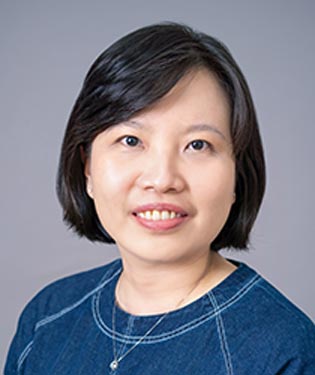What is Precision Health?
From the name, Precision Health, some people may think of keyhole or laser surgery. However, in this case, we are referring to the use of genomics to better understand human health. Up to 30% of the pathogenesis of human disease has a genetic origin. Modern technology has allowed us to interrogate the genome at a level of detail, and at a scale that has not been possible before. This data (often referred to as genomic data), when combined with clinical and disease characteristics, offers the promise of more precise diagnosis, better risk prediction and tailoring of treatments, to maximise health and cost-effectiveness while limiting toxicity and other adverse effects. In some instances, a better understanding of the causes of disease will allow us to develop new therapies when existing therapies are in adequate.
Precision Health is also known by other names, such as Precision Medicine and personalised health/ medicine. Click here for more information if you will like to learn more about this rapidly developing field.
Even as the collection and sharing of healthcare data is growing exponentially, we know that databases containing genetic and clinical information about Asian patients are still relatively scarce. This means that doctors and scientists have to rely on databases of Western individuals to find novel diagnoses and select treatment for their Asian patients. But some diseases do not manifest the same way, or have different underlying mechanisms in Asian versus European populations. For these diseases, using databases containing predominantly European individuals to guide treatment in Asian patients is, at best, a gross approximation.
To address this need, the NUHS Centre for Precision Health (CPH) is actively establishing a bio-banking resource (Phen-Gen). By combining genetic and other omics data with clinical data from patient electronic health records (EHRs), Phen-Gen will serve as a valuable tool to advance a diverse range of research projects.
Another initiative by the CPH, Pre-emptive Pharmacogenomics (PPGX), will build and implement clinical workflows for the incorporation of pre-emptive pharmacogenomics (PGx) into clinical practice at NUHS. PGx makes use of a patient's genetic information to determine the optimal treatment and dose for that particular patient. "Pre-emptive" refers to the fact that individuals undergo testing for a panel of genes that affect commonly used medications, before they need these medications. When they do need one of these medications, the genetic information is already there for the doctor to consult before deciding which medication to use and at what dose.
Yet another aspect of precision health involves using genetic testing to identify people with diseases that may not produce physical signs. The CPH is actively involved in helping people affected by Familial Hypercholesterolemia (FH), a common disease that is often "silent" until a heart attack happens. Through facilitating genetic testing and cascade screening of FH patients and their families, as well as launching an educational program to raise FH awareness, we hope to prolong the lives of people with this condition.
Prof Tai E-Shyong
Director, Centre for Precision Health, NUHS




















